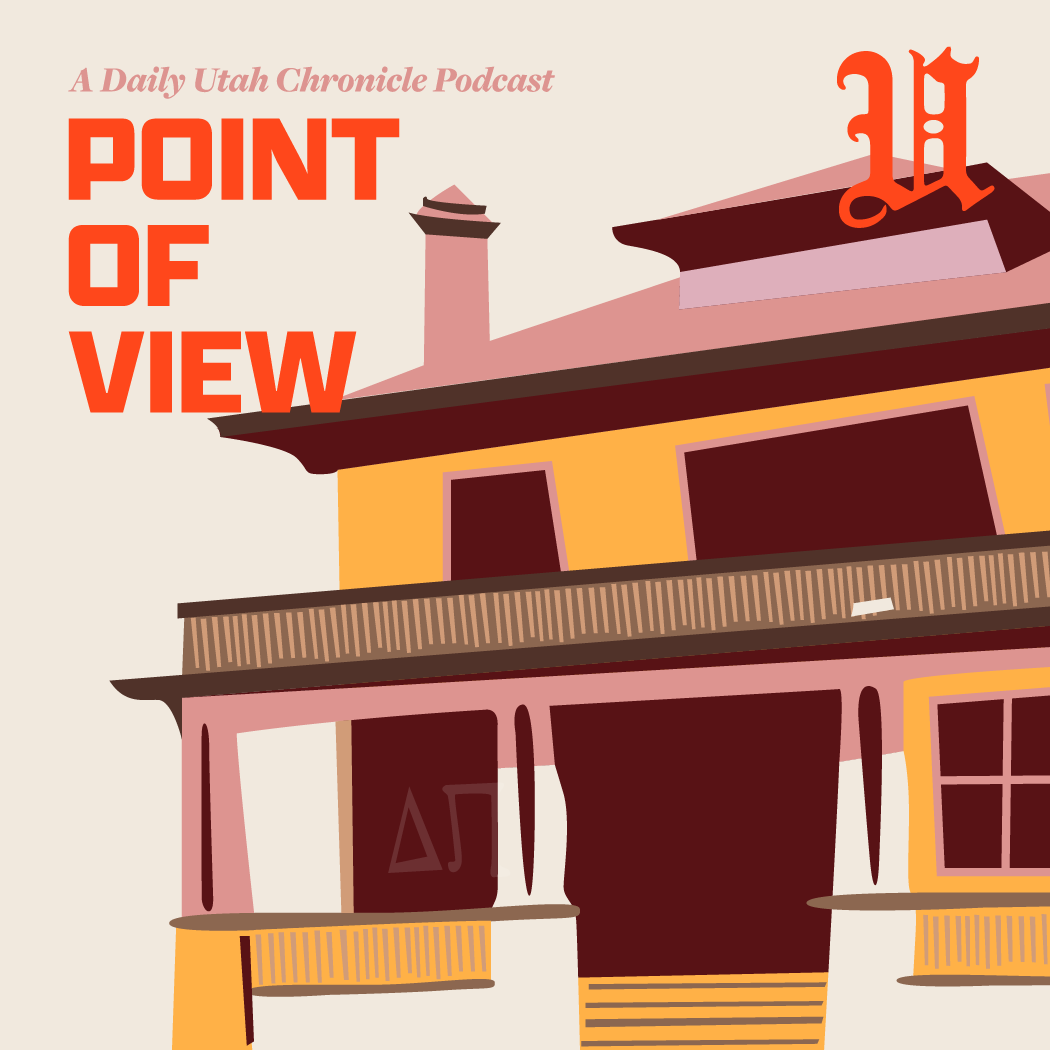
Karina Puikkonen / The Daily Utah Chronicle
The Bureau of Economic and Business Research at the U is taking on a data project that aims to provide detailed information about Utah’s population. This database will be accessible to anyone online and has the potential to influence important decisions such as where a hospital should be built or into what neighborhood someone should move.
The database, the Utah Community Data Project, contains the data found in the 2010 census and incorporates data from other sources. The BEBR has spent the past four years building relationships with various sources such as The Utah State Tax Commission, Salt Lake City and the Salt Lake City School District to gain access to the data needed to complete the project.
The UCDP is composed of information about housing, socioeconomics, race, ethnicity and health. Users will be able to view this information on a county, city and neighborhood level, and these data sets are meant to be viewed together.
“If you crossed, for example, our socioeconomic data, income data or housing data with transportation data and you ask the questions: ‘Where do the people who depend upon public transit live? Where do the people who depend upon public transit work? Where is the public transit? Does it connect the dots?’ You’d be able to ask those kinds of questions,” said Pam Perlich, director of The Utah Community Data Project.
In the past, decisions such as where to build schools and community centers have been made almost by “throwing darts at a board,” but after the UCDP is complete, people will have a “much more rational and informed basis for making decisions,” Perlich said.
Large corporations have access to research on demographic information, but smaller companies and start-ups don’t have the cash to pay for resources such as that. The UCDP could also be a great tool for small businesses that are searching for the best place to set up shop.
There are currently no students working on the UCDP, but senior BEBR research analyst John Downen said their vision is to bring students in to participate once everything is up and running.
Downen said the project will be a great research resource for students in various departments. The range of students involved will be wide and probably include those studying economics, medicine, public health, sociology and the social sciences in general. The BEBR also sees this project as another way the U can carry out its initiative to reach out to the community.
The BEBR has already received a $200,000 grant from Housing and Urban Development as well as assistance from the U to carry out this project, but to keep the UCDP updated and progressing, it will need a long-term funding solution. To attract more funding it will release a sample of the UCDP by mid-April. This preview will serve as proof that its team and technology are in place and ready to build. The UCDP preview should be completed by October.




















